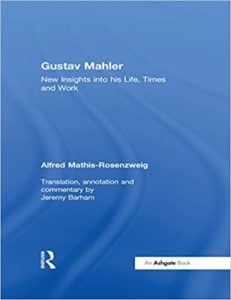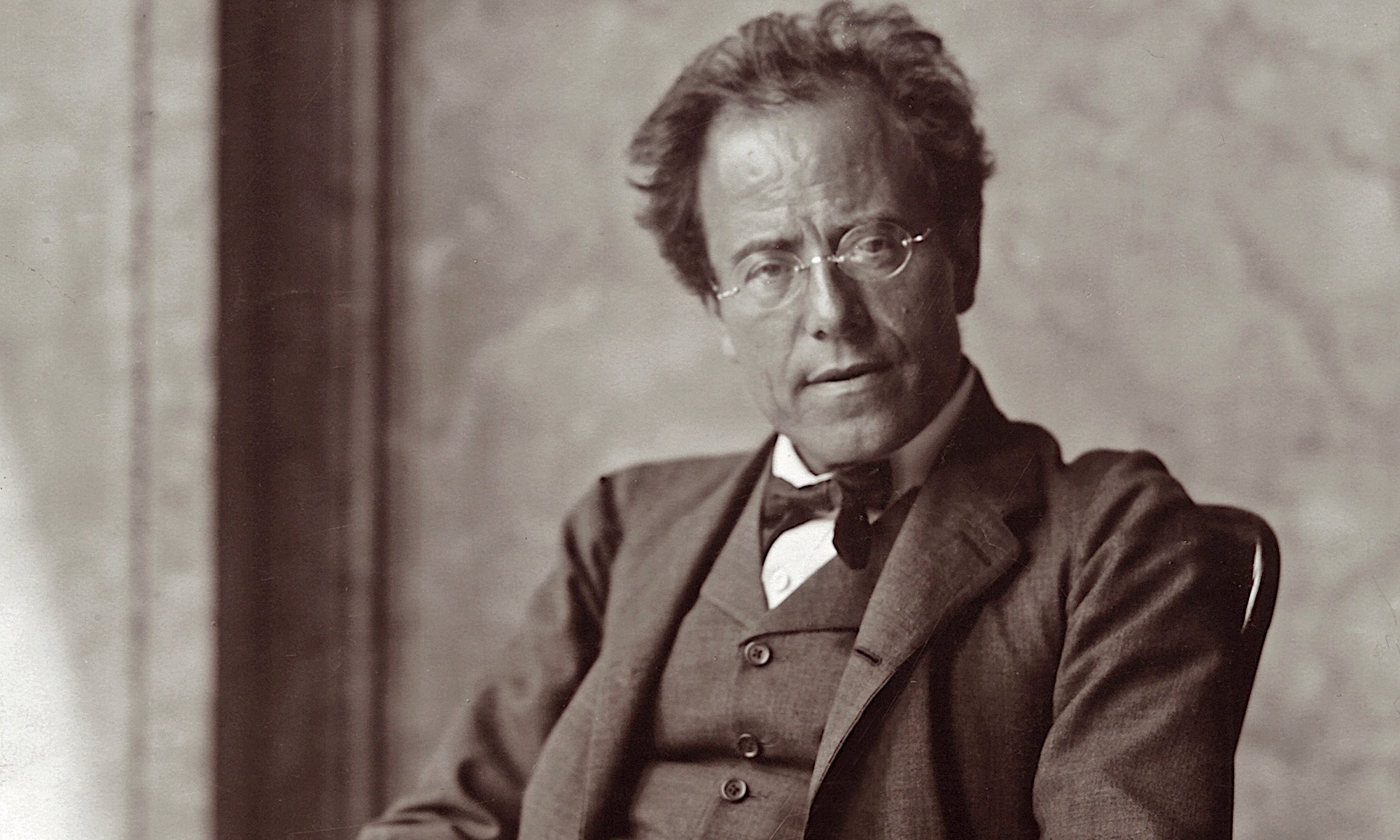Alfred Mathis-Rosenzweig
Gustav Mahler’s music continues to enjoy global prominence, both in live or recorded performance and within broader ranges of critical perception and cultural sensibility.
In recognition of such a profile, this volume brings together a unique collection of essays exploring the diverse methods and topics characteristic of recent advances in Mahler scholarship.
The book’s international group of contributors is actively involved not only in bringing fresh approaches to Mahler research in areas such as analysis, sketch studies, and reception history but also in examining hitherto neglected issues of cultural and biographical interpretation, performance practice, and compositional aesthetic, thereby illustrating the developing vitality and scope of this field.
Engaging with its subject from the reconstructive, documentary, theoretical, analytical, discursive, and interpretative viewpoints, this volume provides a wide spectrum of contexts in which continuing debate about Mahler’s life and works can flourish.
Its varied themes and strategies nevertheless collectively recognize and negotiate the shifting space both between the composer’s life and his artistic creativity and between the musical results of that creativity and the critical-analytical process.
 The essays in this book accordingly fill certain gaps in the scholarly understanding of the composer, and re-orientate Mahler studies towards some of the central concerns of contemporary musicological thinking.
The essays in this book accordingly fill certain gaps in the scholarly understanding of the composer, and re-orientate Mahler studies towards some of the central concerns of contemporary musicological thinking.


